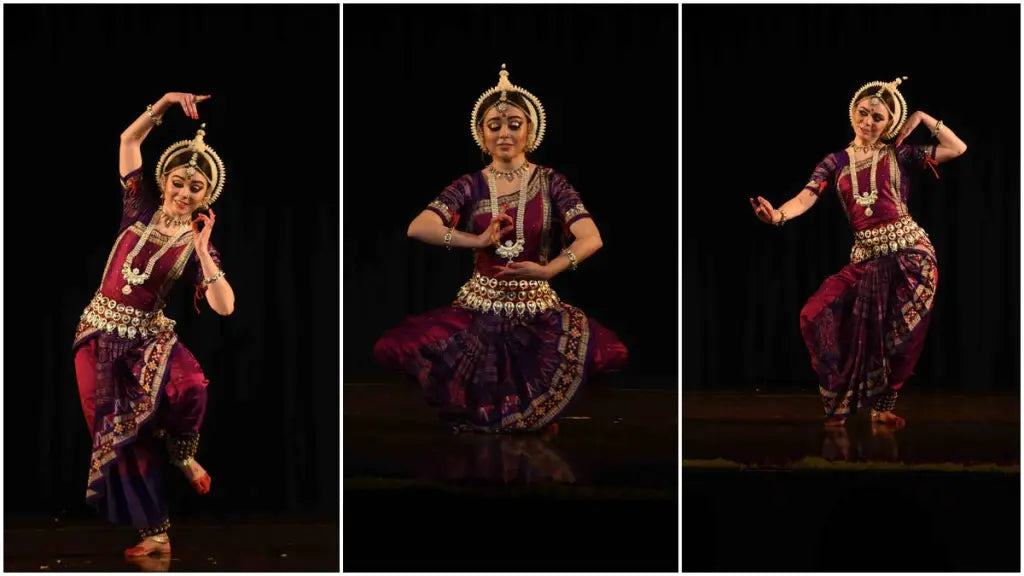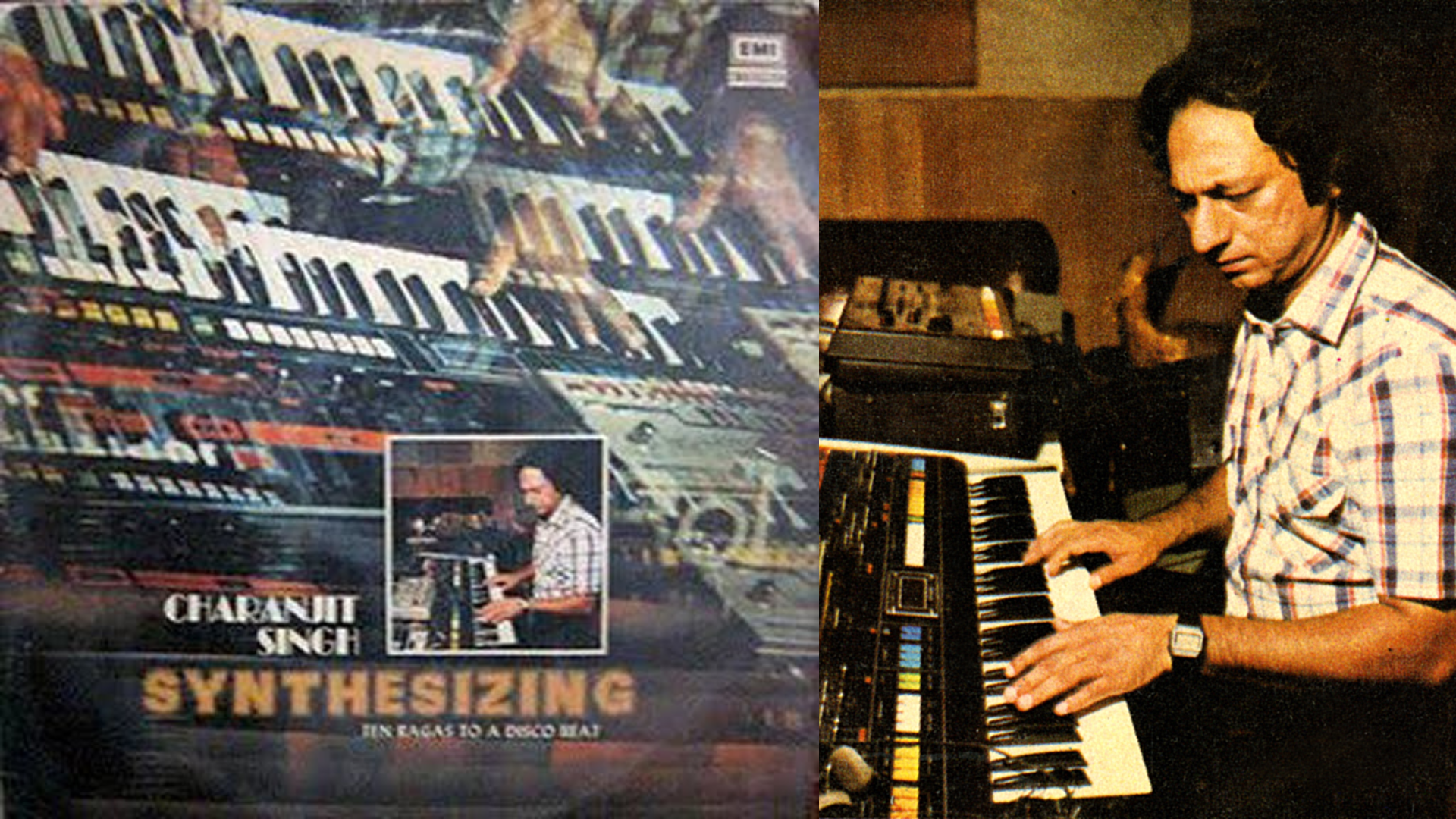Round Midnight: A Film Worthy Of Jazz
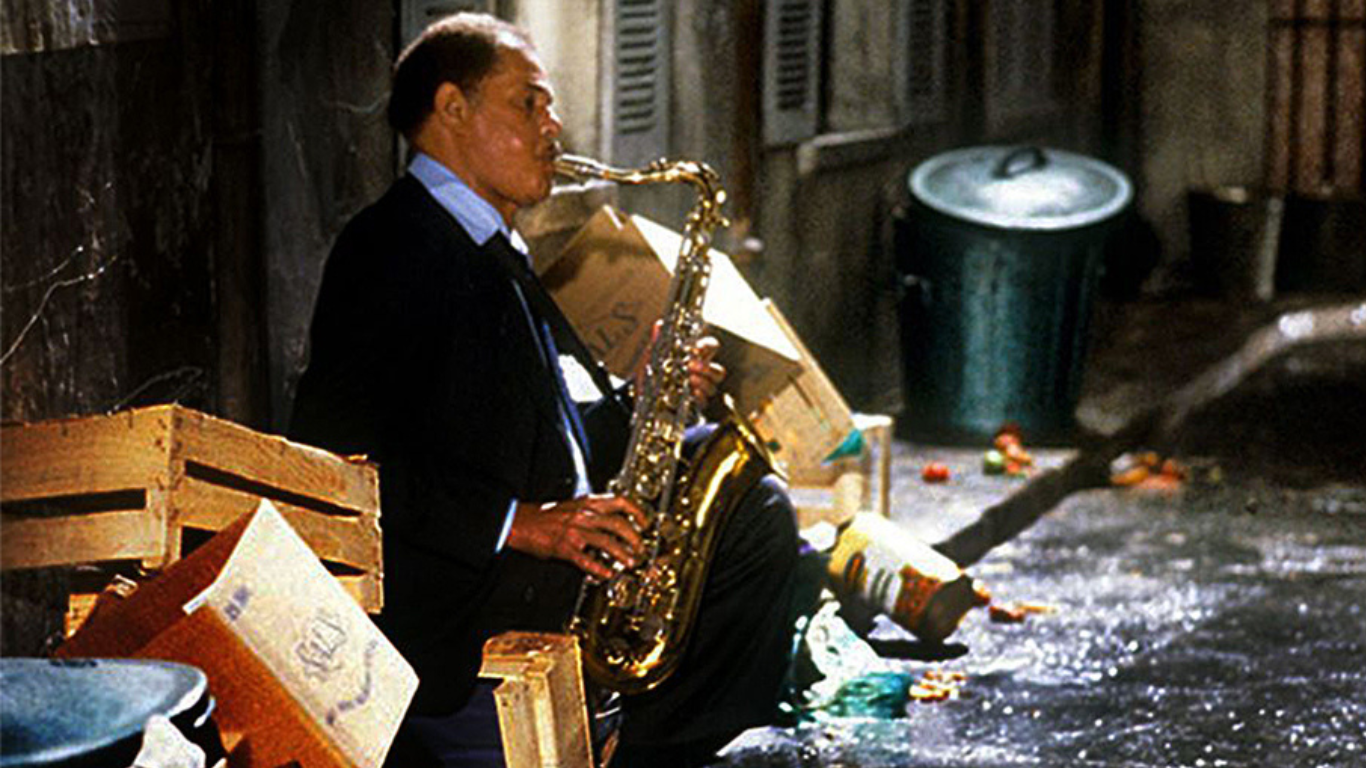
It's rather ironic that a foreign director was the one to truly capture the essence of a quintessentially American art form.
" ’Round Midnight," directed by Bertrand Tavernier from France, is just what jazz deserves.
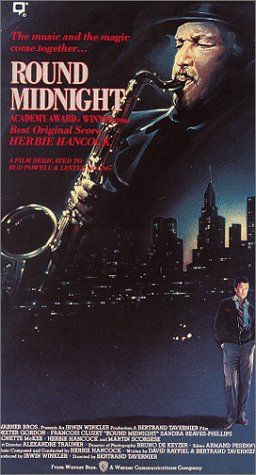
Most American jazz films depict musicians as troublemakers, emphasizing over-the-top caricatures and portraying their lives with criminality and self-destruction. However, " 'Round Midnight" stands out as an exception. Director Tavernier treats the jazz scene with respect, showcasing a subtle and restrained narrative.
The film introduces a platonic love story between two men, one Black and the other white, with racial differences not overtly influencing their relationship, highlighting the broader reasons many African-American jazz artists sought refuge in Europe during that era.
Tavernier's movie presents musicians as genuine individuals, depicting their daily lives, conversations, music appreciation, meals, and strolls. Despite imperfections, they exude humour and dignity. Themes like alcohol dependence and a quick-talking New York manager, the film handles them delicately.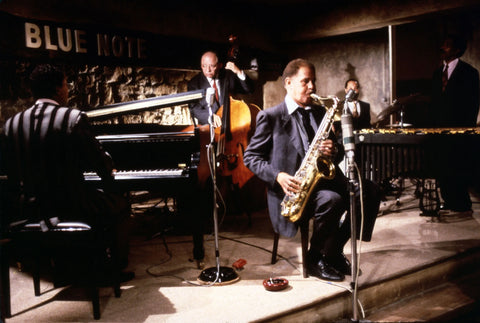
Tavernier made a wise choice by casting saxophone legend Dexter Gordon in the lead role. Gordon, though in his early sixties during filming, brings a timeless, world-weary gravitas to his character. His performance reflects a philosophical detachment, emphasizing the demands of a life dedicated to music. Despite portraying the fictional Dale Turner, Gordon's authenticity shines through.
Gordon had never acted in a dramatic film before, with his only previous experience being in a play 25 years ago. Despite this, his widow mentioned that he considered being on stage as a form of acting - ultimately earning an Oscar nomination.
The movie, described as a leisurely ballad, features a cast of jazz masters, including Ron Carter, Wayne Shorter, Herbie Hancock, Tony Williams, Freddie Hubbard, and Billy Higgins.
Almost all the musical performances were filmed live. Tavernier ensured genuine jazz enthusiasts populated the scenes, avoiding movie extras, for authentic reactions. He aimed for scenes where "nothing happens," just people immersed in listening.
Click Here To Read More:
How 'Reefer' Influenced 1920 Jazz Culture

